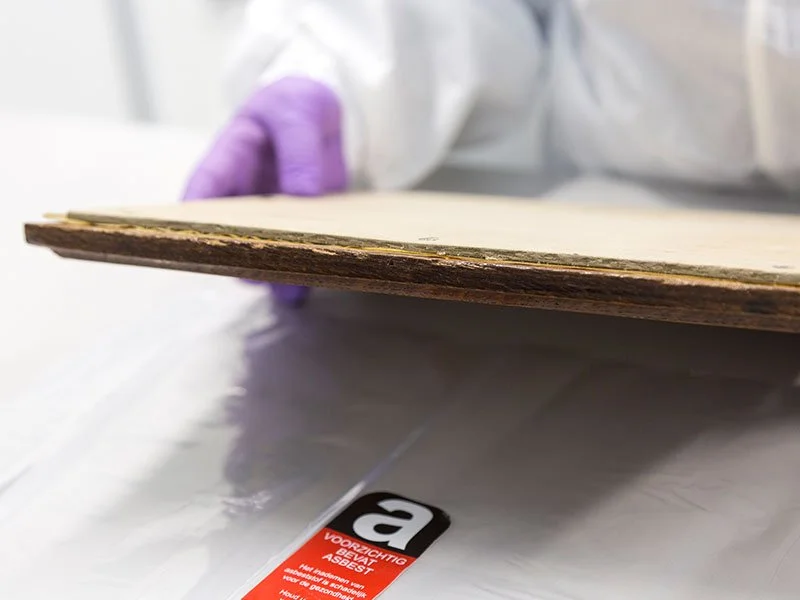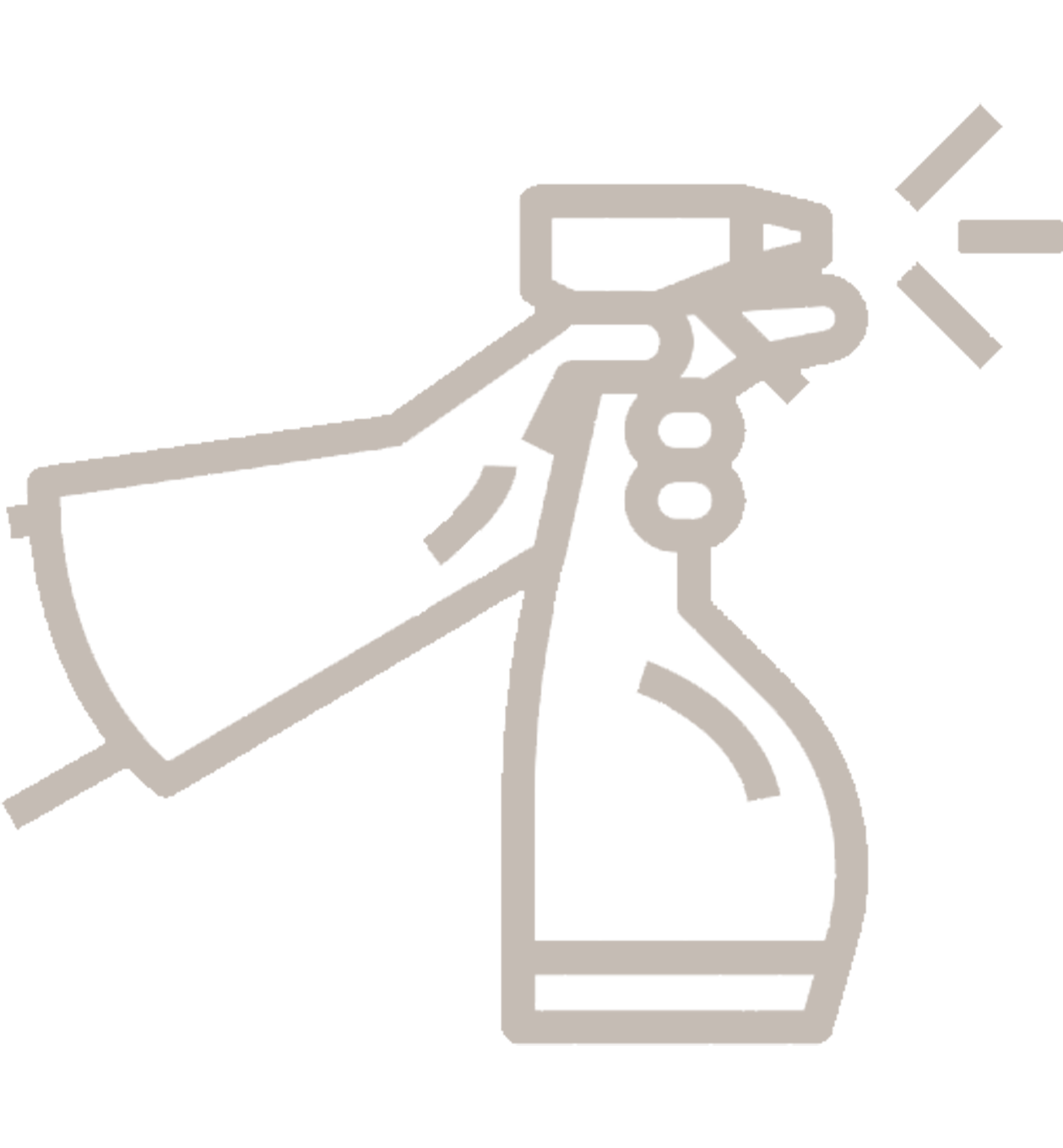
Workshops
Over the years Jaap has been involved in many knowledge orientated projects. In preventive conservation, generally less is more, but it is essential to know why you are doing what you are doing and to know what you are doing you need the knowledge. Most of the recurring topics have been key in developing training programs for conservation technicians, collection management, disaster recovery and packing for storage and transport. But also the ‘cleaning in historical settings’, ‘registration’, ‘pest-management’, ‘storage development’, ‘handling dangerous heritage’ and many others have been handled. Cultural heritage is a many faceted space and Burgcon is here to inform you on all aspects.
The biggest part of preventive conservation is common sense, but the knowledge for that common sense is not so common. Jaap can provide that knowledge.
“Preventive conservation starts with exchange of knowledge”

Pest Management
Cleaning Historical Interirors
Developing Storage
Registration
Handling Dangerous Heritiage

DISASTER RECOVERY TRAINING
As most trainings ‘disaster recovery’ is not a topic for just a singular training. Preferably the training is spread over a period of several years in a circular sequence to ensure the team and organisation is trained for all situations. Disaster recovery training consists of many different aspects.
TABLE TOP
This training involves all, in a calamity plan mentioned, groups and departments within the organization.
Guided by a series of scenarios, the effectiveness and (unmentioned) expectations of protocols within the organization will be scrutinized.
From table top to action plan
RECOVERY MINOR INCIDENTS
After a theoretical introduction the participants will be confronted with a series of situations where collection is damaged or threatened.
Actions to save or safeguard the objects at risk will be practiced. Materials available and usable for protecting objects will be evaluated.
Prioritise actions
RECOVERY WATER DAMAGE
A wide range of objects will be subjected to various water related risks.
This training is focused for team-members that will be actively involved in handling the damaged or threatened objects. Triage, sequence of work and use of materials will all be topic in the training.
Flooding in a basement?
RECOVERY FIRE DISASTER
A wide range of objects will be subjected to various fire related risks. This training is focused on team-members that will be actively involved in handling the damaged or threatened objects. Triage, sequence of work and use of materials will all be of topic in the training.
If possible, external training facilities will be used where real fire scenario’s can be practiced.
What to clean and how?
VANDALISM & THEFT
More and more a topic these days is the possibility of vandalism and theft in the museum halls.
In this training again some scenario’s will be practiced. Apart from the active team-members security and host staff will be involved.
Be prepared
All workshops will be be tailormade for the organisation(s) involved.
AVAILABLE WORKSHOPS
Packing for storage and transport (2 days, 3 for Art Handling)
The basis for this workshop is the 8 step approach to packing which was developed in the last century. We look at the sensitivities of objects, challenges coming from the expected use and route taken. Following is an exchange of ideas for improvements or adaptations to objects and use. We focus on the needed protection.
Materials used and available for providing this protection are discussed and tried, as well as the layering of packaging. An important issue here is the ‘green alternatives’ for techniques and materials used.
The role of a courier and the accumulation of data and experiences will be observed and using these the whole process will be evaluated.
Many past case studies will be looked at and evaluated.
PACKING FOR STORAGE & TRANSPORTATION
ART HANDLING
(2 days)
This workshop is for people who are confronted with the handling of objects but do not have (formal) training, such as volunteers, interns and students. But also for groups of people with a varied background who will have to work together in a project.
In this workshop we will start with a close look at objects and their damages. We explore the 10 agents of deterioration and focus on those involving art handlers.
We discuss existing routines and reasoning and create new suggestions where useful. The participants handle objects, discuss challenges and idea’s. There will be plenty time for questions and explanations.
The participants shall be asked to bring case studies or actual challenges to the workshop which we will handled during the day(s).
(1 day, 2 if Art Handling is involved)
Why do we clean, What do we clean, When do we clean, Where do we clean and How do we clean are the questions tackled in this workshop.
We look at dust and dirt and how it gets to places where we do not want it. We list tools and equipment available for cleaning processes. And last, but certainly not least, we will work together with the participants towards a practical cleaning routine which benefits the whole collection or interior.
The specific situation of the organisation(s) and their needs, means and materials will define a crucial part of the workshop. The best use of brushes and how to choose the proper brush will be tried out by the participants themselves.
CLEANING (IN HISTORICAL SETTING)
All workshops will be be tailormade for the organisation(s) involved.


















